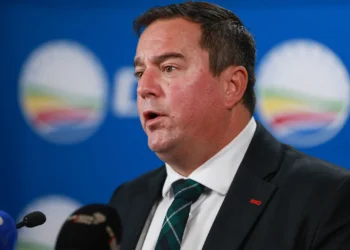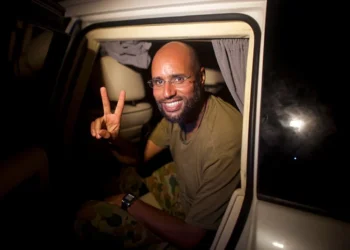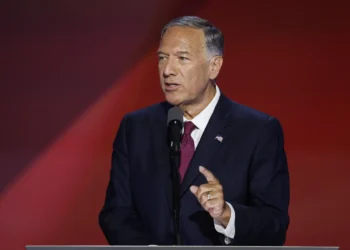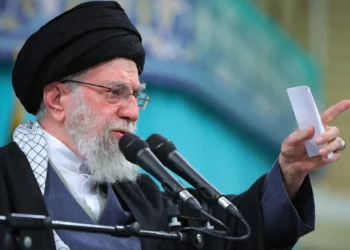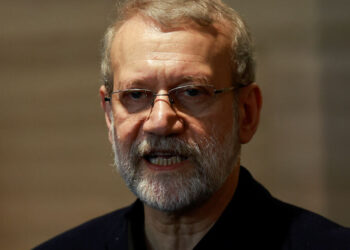ALGIERS (Realist English). Algeria is entering one of the most turbulent phases of its recent diplomatic history, with escalating confrontations across multiple fronts — from the Gulf to the Sahel and the Maghreb. Observers say the sharp rhetoric and repeated diplomatic crises reflect not only foreign policy miscalculations, but a deliberate effort by the Algerian regime to deflect growing domestic dissatisfaction by shifting the national discourse outward.
In recent months, Algeria has simultaneously deepened its disputes with the United Arab Emirates, France, and Sahel countries such as Mali, Niger, and Burkina Faso, while maintaining a hostile posture toward neighboring Morocco. Analysts note a pattern: as Algeria’s internal economic and social pressures mount, its foreign policy has become more confrontational, reactive, and increasingly isolated.
The UAE dispute and the Arab Summit fallout
Tensions with the UAE reached a new peak in May, when Algeria’s state television opened a prime-time broadcast with an editorial attacking Abu Dhabi — an unusual move interpreted as a response to an unrelated historical commentary by an Algerian academic on Amazigh-French relations. The UAE had not issued any statement regarding the remarks.
Instead of defusing the incident through conventional diplomatic channels, Algerian authorities opted for public escalation. The move came just days before the Arab League Summit in Baghdad, prompting speculation that President Abdelmadjid Tebboune might skip the gathering entirely amid a social media campaign urging him not to travel to Iraq. The episode raised fears of open confrontation between Arab states during the summit, with both Algeria and the UAE potentially downgrading their representation. Such a scenario risked undermining regional unity at a moment when Arab states are divided over the Gaza war and other strategic issues.
France, the Sahel, and the conspiracy narrative
Tensions with France have also intensified, fueled by disputes over colonial memory, migration, and security cooperation. Diplomatic expulsions on both sides have signaled a breakdown in trust. French-Algerian relations, once viewed as essential for North African stability, are now characterized by reciprocal suspicion.
Since the 2019 Hirak protest movement, Algeria’s leadership has increasingly relied on a conspiracy narrative — framing external actors as instigators of unrest and internal dissent. This narrative now underpins foreign policy moves, particularly in moments of economic fragility or political strain. The result is an increasingly antagonistic stance toward former partners, even as Algeria’s need for economic cooperation and foreign investment grows.
A similar pattern is visible in the breakdown of relations with Sahel states, notably after Mali accused Algeria of downing a Malian drone. In response, several countries recalled their ambassadors, while Algiers closed its airspace to flights from Mali, Niger, and Burkina Faso. Algeria defended its actions as a response to airspace violations, but the damage was done: its traditional influence in the Sahel has visibly eroded.
Morocco’s quiet diplomacy eclipses Algiers
While Algeria turns outward in a posture of resistance, Morocco has taken the opposite approach: pursuing quiet diplomacy, consolidating regional partnerships, and expanding its economic footprint in the Sahel and West Africa. The Western Sahara dispute remains the primary fault line in Moroccan-Algerian relations, but Rabat has steadily gained international support for its Autonomy Plan. Over 30 countries now recognize Moroccan sovereignty over the territory or have opened consulates in Laayoune and Dakhla.
Algeria, by contrast, continues to frame the Sahara issue as a proxy for its broader regional rivalry with Morocco, using international forums to challenge Rabat’s diplomatic gains — often without success.
Observers note that Morocco’s rising regional profile reflects a strategic, long-term investment in infrastructure, security cooperation, and multilateral development, while Algeria’s reactive stance has cost it political capital. “When a country stumbles in the race for influence, others move ahead,” one regional analyst told Realist English.
A state adrift?
Diplomatic frictions have become a defining feature of Algerian foreign policy in 2024–2025. But beneath the surface lies a more complex dynamic: a regime seeking to consolidate internal control amid socioeconomic crisis, aging leadership, and a lingering legitimacy gap following the post-Bouteflika transition.
With youth unemployment high, inflation rising, and reform efforts stalled, foreign policy is being repurposed as a tool of domestic distraction. Yet this strategy carries risks. By alienating key partners and weakening regional alliances, Algeria may be undermining the very stability it seeks to preserve.
Algeria’s current foreign policy posture reflects a regime under pressure, not a confident regional power. Escalating disputes with the UAE, France, the Sahel, and Morocco are less a sign of geopolitical assertiveness than symptoms of strategic drift. The more Algiers isolates itself, the more room it leaves for rivals — particularly Morocco — to shape the regional order. If Algeria hopes to reclaim diplomatic relevance, it must look inward, restore domestic trust, and reengage with neighbors through cooperation, not confrontation. The alternative is a slide into reactive isolationism — costly abroad, and unsustainable at home.



